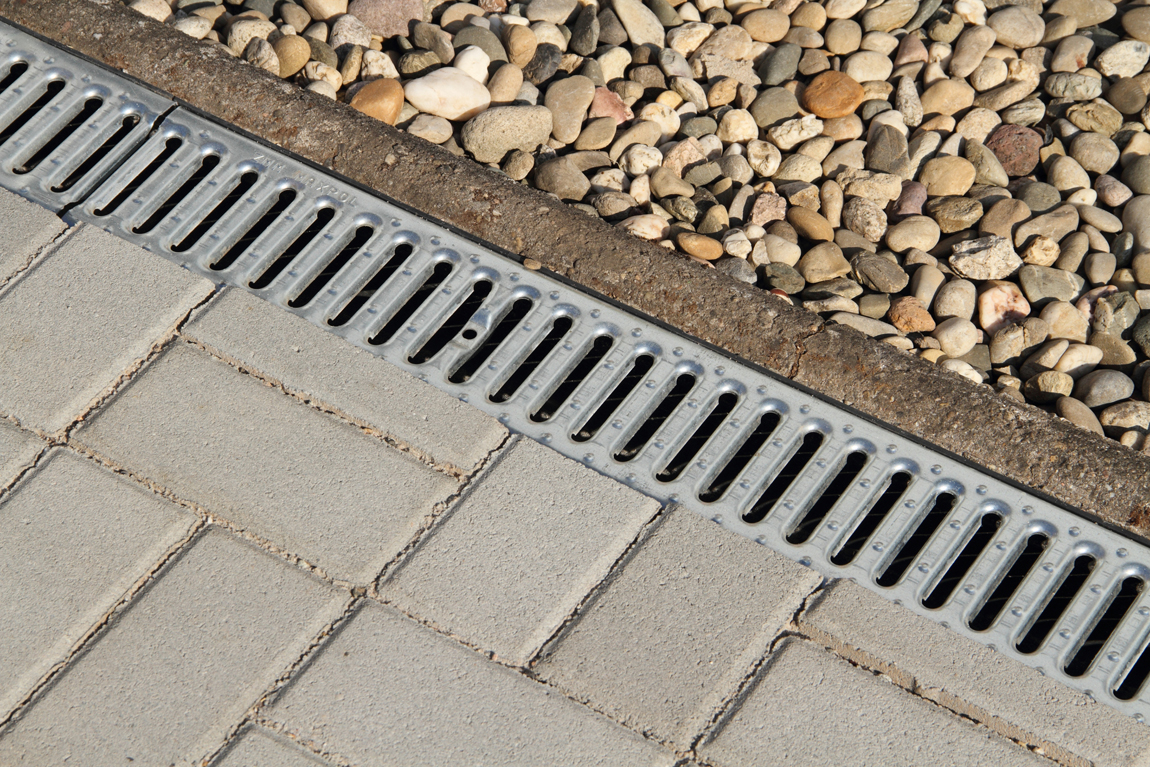French Drains and Basement Waterproofing
Fun fact: the French drain is named after its inventor Henry French (an American judge and farmer in the 19th century) and not after the country of France.
While originally designed for farming applications, French’s innovation would later be used for residential basement waterproofing solutions.
WHAT DOES A FRENCH DRAIN DO?
The primary purpose of a French drain in terms of a basement waterproofing system is to help carry excess moisture away from a buildings foundation.
It’s one of the most important aspects of a waterproofing system because all the barriers and sealants available would only be able to stand up to excess moisture for so long before failing.
Removing the excess water is the best and only real long term solution to keeping a basement dry.

HOW DO FRENCH DRAINS WORK?
Think of a French drain a bit like you would an open ditch along the road that manages rain water by directing it away from the road.
Since an open ditch near your home is not what you want to see for many reasons, this is where a French drain comes into play.
A wide tube (we use Armtec’s Big O 4 inch weeping tile with a filter soc) is buried in the ground along the bottom of your homes foundation.
The tube is perforated in order to allow for the collection of water and is angled in such a way that it allows the collected water to be diverted away from your home to an area of your property that will not cause harm to your buildings foundation.
FRENCH DRAIN MISTAKES
For a French drain to work properly it must be installed correctly, which is why basement waterproofing is usually best left to experienced and professional contractors.
Some of the most common types of mistakes when it comes to French drain installation are:
1. Incorrect depth (burying too deep or to shallow)
2. Installed at the wrong angle (meaning the water will not flow away from your home)
3. Burying it with the wrong type of rock (meaning the water may not be able to properly reach the French drain)
4. Using cheap materials (if the drain breaks after being buried it could clog and cause water to pool right where you do not want it to be)
Remember, if not installed correctly, a French drain would be ineffective at best or potentially do more harm than good at worst.
